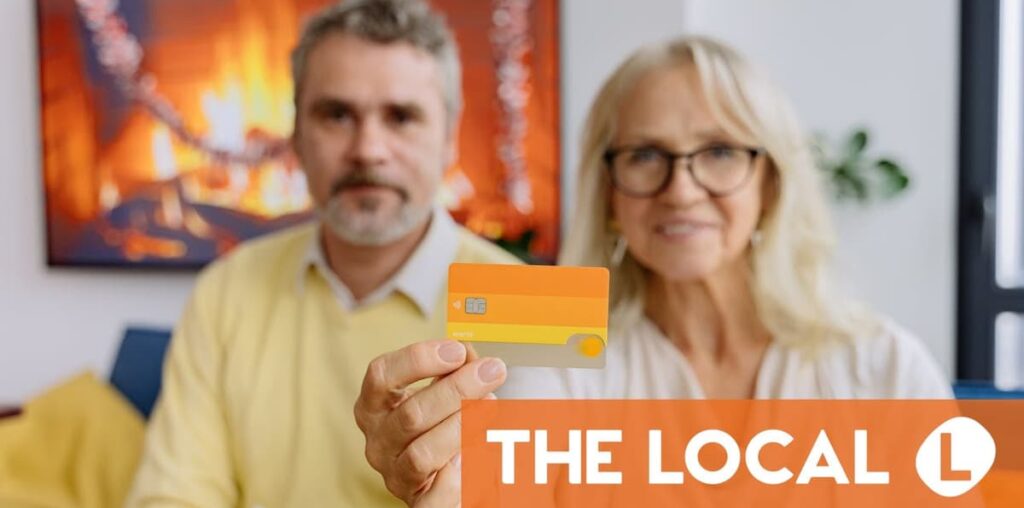
Sharing a bank account is a common thing to do. Whether it be a family savings account, a joint account shared between a couple, or even a child’s bank account that’s run by a parent, people the world over do it and Spain is no different.
Putting some money aside for a rainy day, having a separate account for paying bills and taxes, or even teaching your child how to handle money, there’s a lot of positives that can come from using a shared bank account.
In Spain, shared bank accounts are allowed, but there are also some negatives you could encounter if you’re not careful.
In particular, this revolves around taxes, and if you’re unlucky you could even catch the attention of the Spanish tax agency – Hacienda.
Here’s a few things to consider.
READ ALSO: What to be aware of before opening a shared bank account in Spain
Parent-child accounts
As mentioned above, sharing an account with your child is a common way to give them a bit of independence (often it’s their first account) whilst also keeping an eye on them and teaching them some financial responsibility.
However, although they’re allowed in Spain, the Spanish media has reported in recent weeks that tax authorities are now monitoring bank accounts shared between parents and children.
This was confirmed by a recent declaration by Spain’s Directorate General of Taxes (DGT), a body that reports to the Ministry of Finance. It all stemmed from an investigation into a married couple in August who transferred money (we can only assume a fairly large amount) from an account they had to another account with their son, because it gave them a higher return.
This caught the attention of tax inspectors, who decided that despite the fact the parents transferred the sum to this new joint account, they were still the real owners of the money and therefore liable to pay tax on it.
As such, if you do something like this, even if it’s for non-nefarious means, it’s recommended you make the ownership clear to the authorities to avoid any problems.
Advertisement
Types of shared accounts
To better understand this, we should consider the three main types of joint account available in Spain.
Authorised accounts – the money does not belong to the authorised persons. They can operate with the permission of the co-owners, but they never have this status and therefore do not own the money.
Joint accounts – the money in the account belongs equally to all members of the account. Every transaction carried out on such an account must be authorised by all members.
Indistinct accounts – each of the co-owners can carry out transactions without the authorisation of the others.
The Organisation of Consumers and Users (OCU) has published a series of recommendations about different accounts and precautions to take so that when sharing a bank account, there are no problems with the tax authorities and, at the same time, between the different members of the account.
Advertisement
Problems with sharing an account with a spouse
Shared bank accounts between couples can be a little more complicated.
Many couples open a shared account in order to streamline their finances. Despite the extreme example given above, generally speaking we can assume that parent-child accounts are less likely to fall foul of the tax authorities as children don’t tend to generate income.
However, for couples who are both working and tax resident in Spain, this could be more likely.
According to OCU, it’s essential to know exactly who owns the money in a joint account so that you know what to declare to the tax authorities. As is the case with those who have joint accounts, the amount declared often does not match the amount you have in your shared account.
If the correct balances are not declared, this can lead to fines and other sanctions, so it’s important to make sure you have the correct type of shared account.
OCU advises that one of the simplest ways of making sure there is no problem is to open an authorised account, as the holders do not own the money for legal purposes and are not required to declare all the money.
If you have a joint account, they recommend that when opening the account you also sign a contract that states exactly who owns what.
Similarly, with an indistinct account, they recommend that ownership be clearly defined because any member of the account can use the money without permission from the others.
READ ALSO: Is it better to do a joint or separate tax declaration if you’re a couple in Spain?

